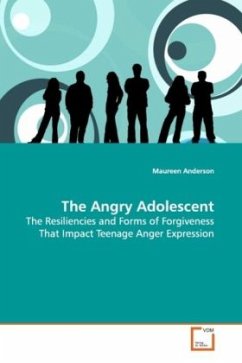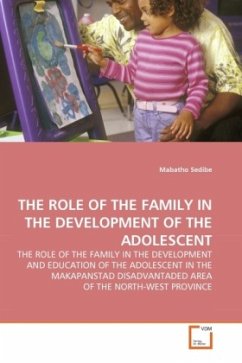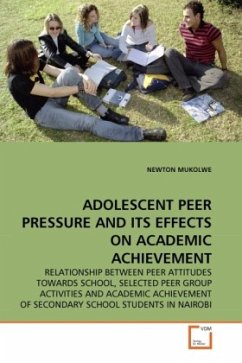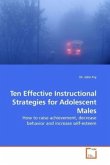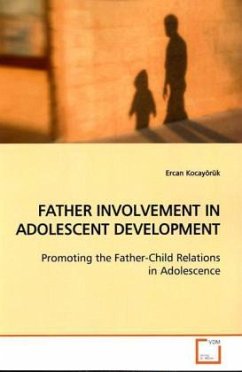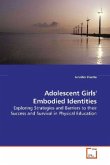Today's teenagers are angrier than ever, and those
who live and work with them are hard pressed for ways
to help them deal with such a damaging negative
emotion. This book draws from the author's research
findings that investigated the relationship among
resilience, forgiveness and anger expression in
adolescents; specifically, whether certain internal
adolescent resiliencies and particular forms of
forgiveness can predict lower levels of negative
anger expression and higher levels of anger control.
Significant relationships were found between the
resiliencies of perseverance, hope, morality and
insight, and affective, cognitive and behavioral
forms of forgiveness which impacted how adolescents
expressed their anger. The findings from this
research will provide valuable information for
counselors, therapists, and other helping
professionals working with angry teenagers, on
approaches to designing and implementing therapy
modalities, intervention and prevention programs, or
developmental school guidance programs.
who live and work with them are hard pressed for ways
to help them deal with such a damaging negative
emotion. This book draws from the author's research
findings that investigated the relationship among
resilience, forgiveness and anger expression in
adolescents; specifically, whether certain internal
adolescent resiliencies and particular forms of
forgiveness can predict lower levels of negative
anger expression and higher levels of anger control.
Significant relationships were found between the
resiliencies of perseverance, hope, morality and
insight, and affective, cognitive and behavioral
forms of forgiveness which impacted how adolescents
expressed their anger. The findings from this
research will provide valuable information for
counselors, therapists, and other helping
professionals working with angry teenagers, on
approaches to designing and implementing therapy
modalities, intervention and prevention programs, or
developmental school guidance programs.

